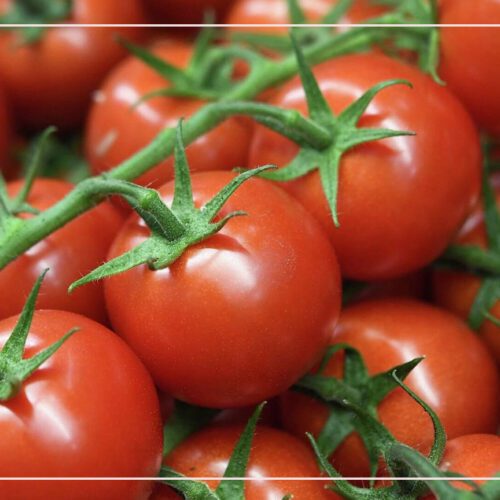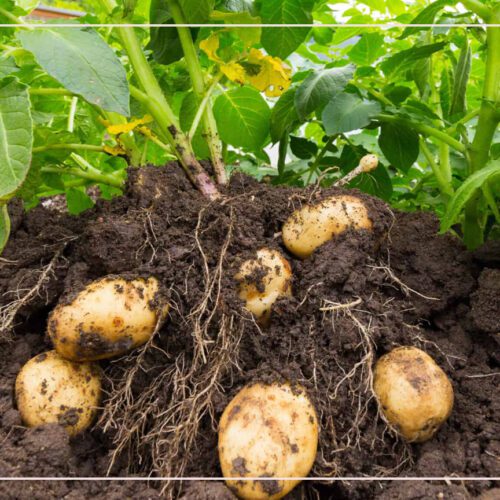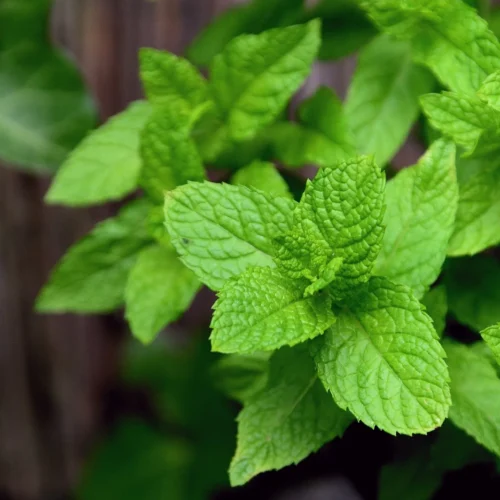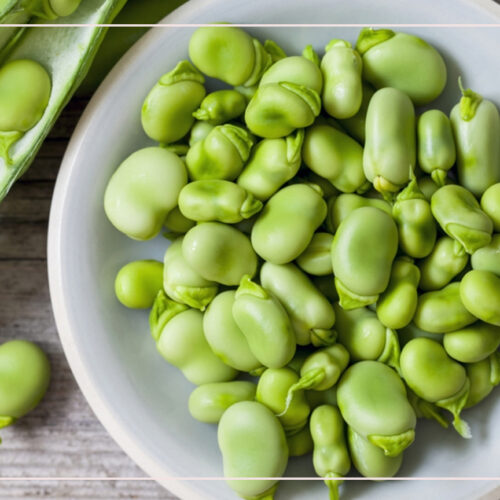
Better Date Palm Trees
Palms are beautiful, versatile trees that can be grown in a variety of climates. With the right care and attention, they can thrive and provide years of enjoyment. But proper fertilization is essential for their health and growth. It’s important to understand the various nutrients palm trees need in order to create a balanced fertilizer program that will help keep your palms healthy and happy. In this article, we explore several procedures and organic products for better date palm trees.
Palm trees require significant amounts of macro and micronutrients to ensure healthy growth, along with a good yield. Applying fertilizers to date palm tree is an essential step in the cultivation of dates. It helps to increase the quantity and quality of the fruits produced. The amount of fertilizer to be applied depends on the type of soil present, which can vary from region to region. By carefully following the recommended guidelines, farmers can ensure that their palm trees receive the nutrients they need for optimal growth and development. In spite of that, it is important to note that newly planted palms should not be fertilized until after they put out a new spear. In general, it is best to wait at least 6 months before fertilizing a newly installed palm. Taking the time to properly care for your palm can help ensure its success and long-term health.
Date palm care:
Established plants should be fertilized with a special kind of fertilizer such as Dates Pro designed for palm trees during both their planting and flowering stages. If the plant appears to be in poor health, it could indicate that there is a lack of one or more necessary nutrients. It is also possible that pests or diseases are also present in the plant. After planting a palm tree, it is imperative to provide adequate care. This involves applying fertilizers, such as date palm manure in early spring, controlling pests and diseases, and ensuring steady irrigation and support.
Proper nutrition is essential for the health of the palm tree. To ensure the proper nutrition of a palm tree, its soil must contain adequate amounts of essential elements such as nitrogen, potassium, phosphate, iron, manganese, and magnesium. These nutrients are essential for the palm tree to thrive and reach its full potential.
Slow release or quick release:
Using the wrong fertilizer formula can have disastrous effects on a palm tree. Quick-release fertilizers can cause severe damage, or even death, to these trees. To ensure the health of your palm trees during the spring and summer months, it is essential to use slow-release fertilizers that provide nutrients over time rather than all at once in order to ensure that palms remain healthy during the growing season.
When selecting a fertilizer, it is important to ensure that the proportions of nutrients are well balanced. Excessive or insufficient amounts of nutrients can bring more harm than benefit. If you are unsure how much fertilizer to use, it would be safer to opt for less as too much could have detrimental effects.
Date palms and climate conditions:
Date farming is best suited in areas that have long summer days, relatively high temperatures, and mild winters without frost. The climatic conditions benefit the trees and enable them to grow well, flower, and also produce fruits. It is worth noting that a minimum average temperature of 20°C is necessary for the survival of the trees.
Pollination for date trees requires temperatures around 35°C. Date Trees can tolerate cold winters as long as there is no frost or light rain. During flowering and fruit set, the optimal environment would involve low relative humidity, an absence of rain, hot temperatures, and warm nights.
Fertilizing essential tips:
- It is essential to read and adhere to the directions on the product’s packaging carefully.
- Fertilizers should only be applied to damp soil, and the soil must be washed after the fertilizer has been applied.
- slow-release fertilizer is preferred.
- It is essential to water the vicinity of the plant after the fertilization process.
- select a fertilizer that has a ratio of 3:1:3.
- Ensure the fertilizer you are using has necessary micronutrients such as magnesium, iron, etc. Moreover, be aware of which type of fertilizer your plants will thrive with. A few species may require liquid fertilizers more than solid ones.
- you should fertilize accordingly in the early spring and follow a proper routine.
- For bigger trees, spread the fertilizer at a distance of approximately 12-18 inches away from the trunk and across its entire drip line, which consists of the tree’s fronds’ tips. Ensure to distribute it evenly.
- Fertilizing a Palm should be done carefully and the NPK ratio should not be higher than 3:1:3. This provides the proper amount of nutrients to ensure healthy growth. It is important to never apply fertilizer directly onto the Palm as this could lead to over-fertilization which could damage its growth.
You can now check the full list of Agricultural Products
produced by Almardia Group
In conclusion, palms are a popular choice for landscaping and can provide a beautiful addition to any outdoor space. However, it is important to remember that proper palm tree care is essential for them to thrive. One of the most important components of caring for palms is making sure that they receive adequate nutrition through regular fertilization. A steady diet of several essential nutrients will help ensure healthy growth and long-term health of your palms.
Related topic
Soil Organic Matter
Common Questions:
-
When should I fertilize my palm tree?
Palms should be fertilized only during their active growth period, which runs from late March to the end of October. If you’re using slow-release fertilizer, two applications a year are usually enough. However, if you live in an area where temperatures drop below freezing, double the amount of fertilizer to ensure optimal performance.
-
What nutrients do palm trees need?
For proper growth and health, palm trees need an adequate supply of several nutrients and micronutrients. These include nitrogen (N), potassium (K), magnesium (Mg), manganese (Mn), and iron (Fe).
-
Does palm need a lot of water?
In order to ensure the health and growth of a palm trees, they need a lot of water and moist soil to develop properly. This is especially important if you grow palm trees indoors or outdoors in a pot. Without frequent watering, the plant won’t look its best and its nutrient supply will be reduced too.





